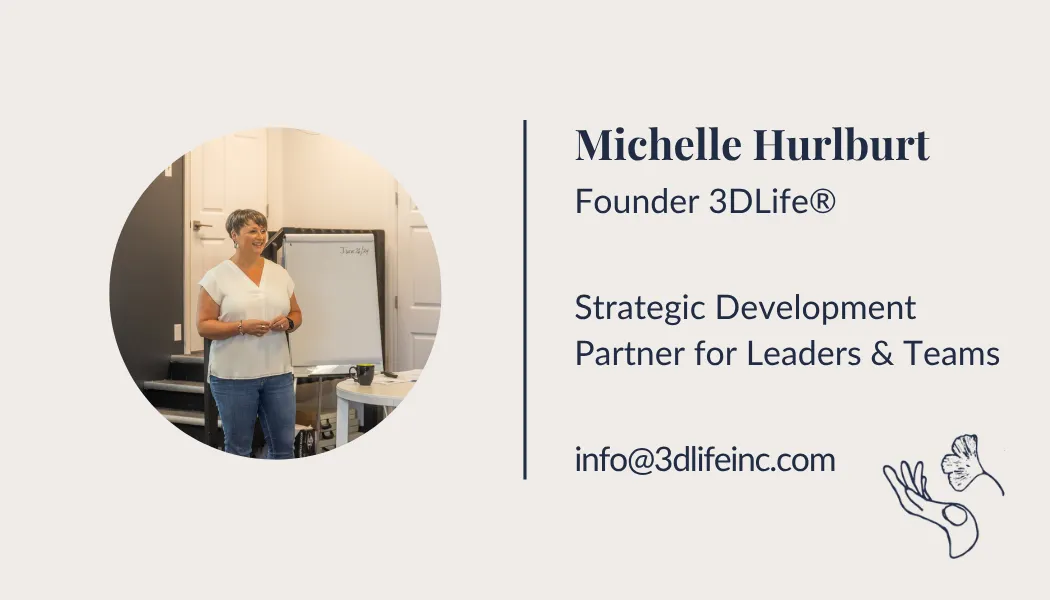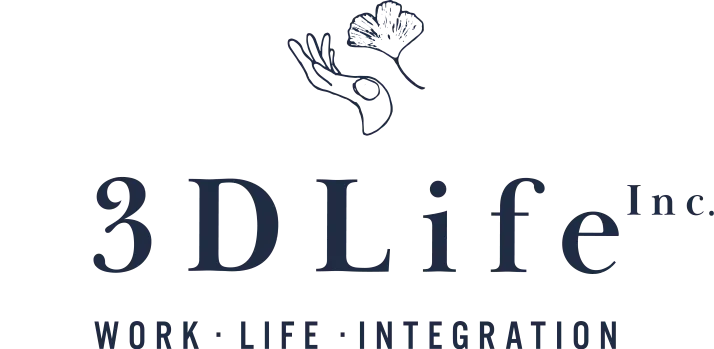The Most Important Person You Should Know
Why self-awareness is the most essential leadership skill you’ll ever develop.
My own journey toward understanding myself - my identity, patterns, and values - has been long, layered, and deeply rewarding.
It’s also been (very) uncomfortable at times.
Many times, I’ve wished to return to the “ignorance-is-bliss” version of myself. The one who didn’t have to confront hard truths or take responsibility for growth.
But thankfully, that wish passes quickly. Because what I’ve gained in the process of becoming more self-aware has been far more valuable than what I left behind.
I get genuinely excited when someone tells me they’re ready to make a change in their life or leadership. But I also know - both personally and professionally - that meaningful change doesn’t stick without one key ingredient:
Self-Awareness.
Without it, even the best intentions can lead us back to old patterns, reactive habits, and unhelpful cycles. With it, we can start making decisions from a place of alignment, not pressure. From clarity, not confusion.

What Is Self-Awareness, Really?
It’s often defined simply as “being aware of oneself” - but what does that mean for leaders?
Psychologist Daniel Goleman, author of Emotional Intelligence, describes it as:
“Knowing one’s internal states, preferences, resources, and intuitions.”
It’s the ability to recognize our thoughts, emotions, and responses as they arise - and to understand how they influence our decisions, behavior, and interactions.
Others, like psychologists Shelley Duval and Robert Wicklund, framed self-awareness as the ability to reflect on our current behavior and compare it to our internal values. In other words, we become conscious observers of ourselves. And that’s where transformation begins.
In my work with leaders, I’ve developed a set of five questions to help increase self-awareness and start leading with intention:
1. How do I perceive myself in my world? (Self-perception)
2. What do I truly want and need? (Personal values)
3. How do I respond or react in emotionally charged situations? (Self-regulation)
4. What is my potential? What are my human strengths? (Self-identity)
5. What are the traits and skills I bring to my work and relationships? (Self-development)
These aren’t quick-answer questions. They’re invitations to deepen your understanding of who you are and how you lead. So, get out your journal, block some time off in your schedule, and have a think about each one.
Why Self-Awareness Is the Leadership Skill You Can’t Skip
Many of us already have some level of self-awareness. We know when we’re uncomfortable in a meeting or when we’ve just told a white lie to spare someone’s feelings. But without a regular practice of reflection or curiosity, we risk operating on autopilot.
That’s when we get into trouble - not because we’re bad leaders, but because we’re disconnected from ourselves.
Here’s a simple, personal example:
When I’m tired, overwhelmed, or avoiding something, I reach for snacks I’m not hungry for - munching mindlessly while scrolling through my phone. It’s not about the chips. It’s about how I’m unconsciously trying to comfort or distract myself.
Now that I recognize this pattern, I can interrupt it more easily. But that awareness didn’t arrive overnight. It came through curiosity, compassion, and a willingness to understand why I do what I do.
This is true for leadership, too.
Whether it’s how we handle conflict, communicate under pressure, or make decisions during uncertainty - self-awareness is what allows us to respond with clarity rather than react from stress.
So… How Do You Build Self-Awareness as a Leader?
Like all human skills, self-awareness is a practice. It requires patience, openness, and a willingness to look inward - not just once, but over and over.
Here are a few gentle starting points:
1. Ask yourself: “Who am I?”
(HUGE question - I know!) Find a quiet space to reflect or journal your thoughts. Consider what you love about who you are - and what you’d like to shift.
2. Take inventory of your life.
Make two simple lists:
- What is working well for me right now?
- What is not working well?
3. Name the gap between what is and what you want.
List the activities you currently love doing - and then, separately, list the things you wish you were doing but haven’t made time for.
Final Thoughts
Becoming a more self-aware leader is one of the most courageous, transformative things you can do - for yourself, your team, and your relationships.
But it doesn’t happen overnight.
You don’t have to have all the answers right now.
You just need to start with curiosity.
And remember: self-awareness isn’t about perfection. It’s about presence.
If you’re looking for support in this part of your journey, I invite you to stay connected through the Rooted Leadership: From Insight to Impact newsletter, or reach out directly.
You don’t have to do this work alone.
You just have to start.
Until next time,
Michelle

